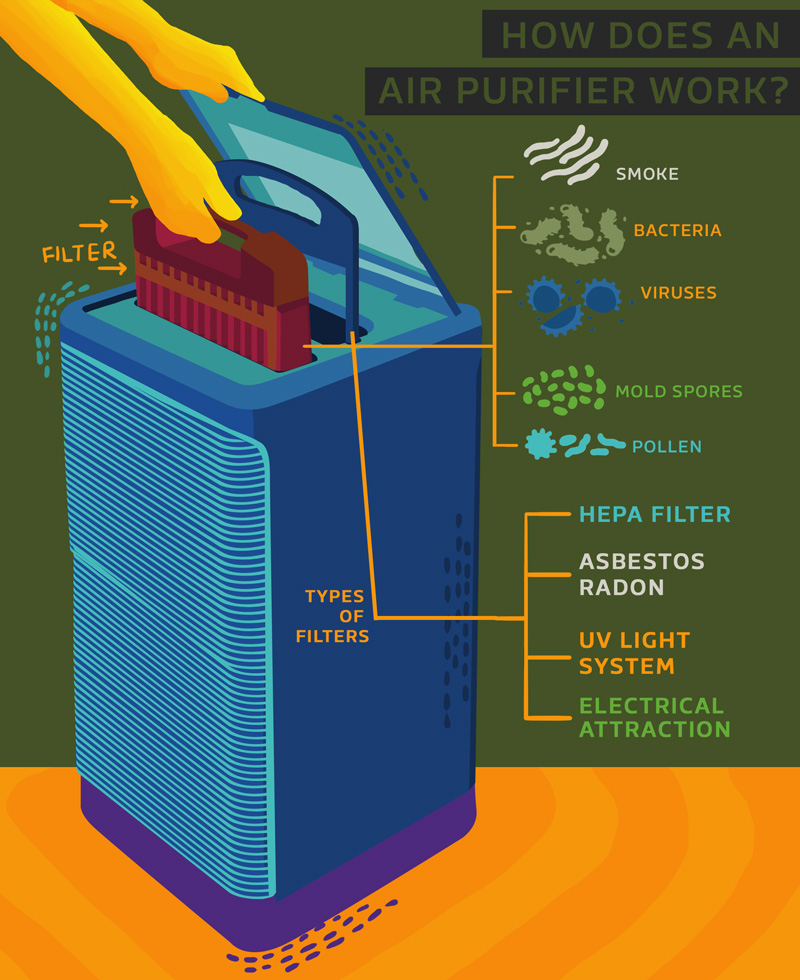The Future Of Home Heating - How Heatpump Innovation Is Progressing
The Future Of Home Heating - How Heatpump Innovation Is Progressing
Blog Article
Writer-Skaaning Stack
Heatpump will certainly be a critical innovation for decarbonising heating. In a scenario regular with federal governments' revealed energy and environment commitments, their worldwide capability doubles by 2030, while their share in heating rises to one-quarter.
They function best in well-insulated homes and depend on electrical power, which can be supplied from a sustainable power grid. Technological innovations are making them much more reliable, smarter and cheaper.
Gas Cells
Heatpump utilize a compressor, cooling agent, coils and followers to move the air and heat in homes and devices. They can be powered by solar power or electricity from the grid. They have been obtaining appeal due to their low cost, peaceful procedure and the capability to create power during peak power demand.
Some business, like IdaTech and BG MicroGen, are working on fuel cells for home heating. These microgenerators can change a gas boiler and create several of a home's electric needs with a link to the power grid for the rest.
However there are reasons to be doubtful of using hydrogen for home heating, Rosenow states. It would certainly be pricey and inefficient compared to other technologies, and it would certainly add to carbon exhausts.
Smart and Connected Technologies
Smart home technology allows property owners to attach and control their devices remotely with using smartphone apps. For example, smart thermostats can learn your home heating choices and immediately adjust to optimize energy intake. Smart lighting systems can be regulated with voice commands and automatically shut off lights when you leave the room, minimizing power waste. And clever plugs can keep an eye on and manage your electric use, enabling you to identify and limit energy-hungry appliances.
The tech-savvy family portrayed in Carina's meeting is an excellent illustration of just how residents reconfigure room home heating techniques in the light of new smart home modern technologies. heat pump reviews nz rely on the devices' computerized attributes to accomplish daily adjustments and concern them as a convenient means of conducting their home heating practices. Thus, they see no reason to adjust their methods better in order to allow adaptability in their home energy need, and interventions targeting at doing so may deal with resistance from these houses.
Electrical power
Because heating homes make up 13% people exhausts, a switch to cleaner alternatives can make a big difference. But the innovation deals with obstacles: It's expensive and requires extensive home renovations. And it's not constantly compatible with renewable energy sources, such as solar and wind.
Up until lately, electric heat pumps were as well pricey to compete with gas versions in a lot of markets. Yet new technologies in style and products are making them more budget friendly. And much better chilly environment efficiency is enabling them to function well even in subzero temperature levels.
https://www.wsmv.com/2022/04/04/neighbors-request-solutions-after-nes-repair-causes-power-surge/ in decarbonising home heating might be using warmth networks, which attract heat from a central source, such as a close-by river or sea inlet, and distribute it to a network of homes or buildings. mitsubishi ducted heat pump would certainly reduce carbon exhausts and allow families to capitalize on renewable energy, such as environment-friendly electrical power from a grid provided by renewables. This option would certainly be much less pricey than switching over to hydrogen, a nonrenewable fuel source that needs new framework and would just lower CO2 discharges by 5 percent if coupled with boosted home insulation.
Renewable resource
As power prices drop, we're beginning to see the exact same trend in home heating that has driven electrical vehicles right into the mainstream-- however at an even much faster speed. The solid climate case for impressive homes has actually been pressed additionally by brand-new research study.
Renewables account for a significant share of modern-day warm usage, but have actually been given limited policy attention around the world compared to other end-use sectors-- and also much less interest than electricity has. Partially, this reflects a mix of customer inertia, divided motivations and, in lots of nations, subsidies for nonrenewable fuel sources.
New technologies might make the shift simpler. As an example, heatpump can be made more energy effective by changing old R-22 cooling agents with new ones that do not have the high GWPs of their predecessors. Some professionals additionally envision area systems that attract warmth from a nearby river or sea inlet, like a Norwegian fjord. The warm water can after that be utilized for heating & cooling in an area.